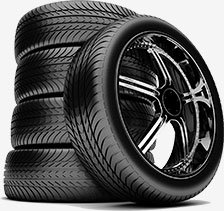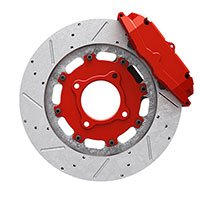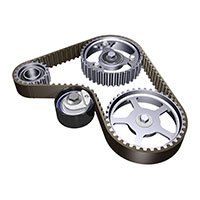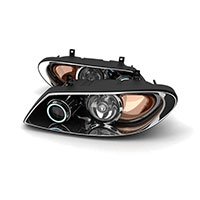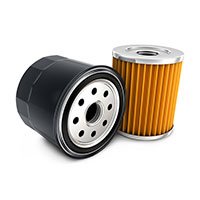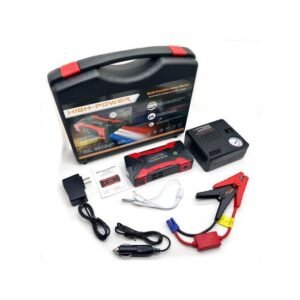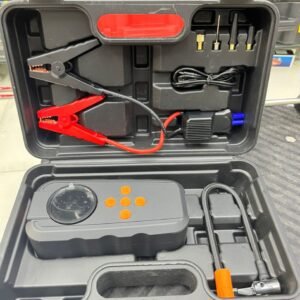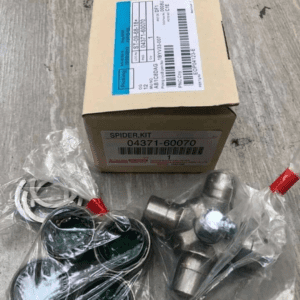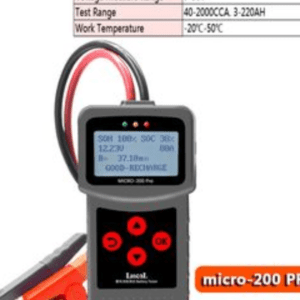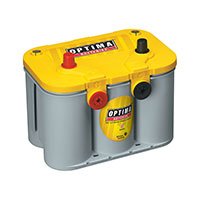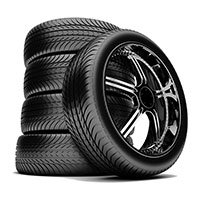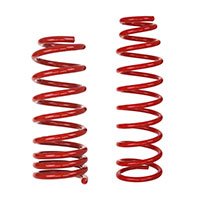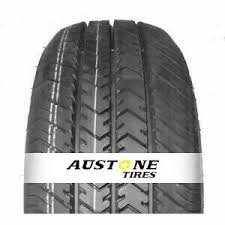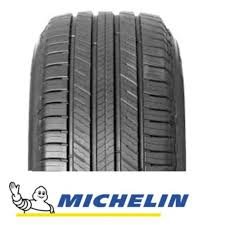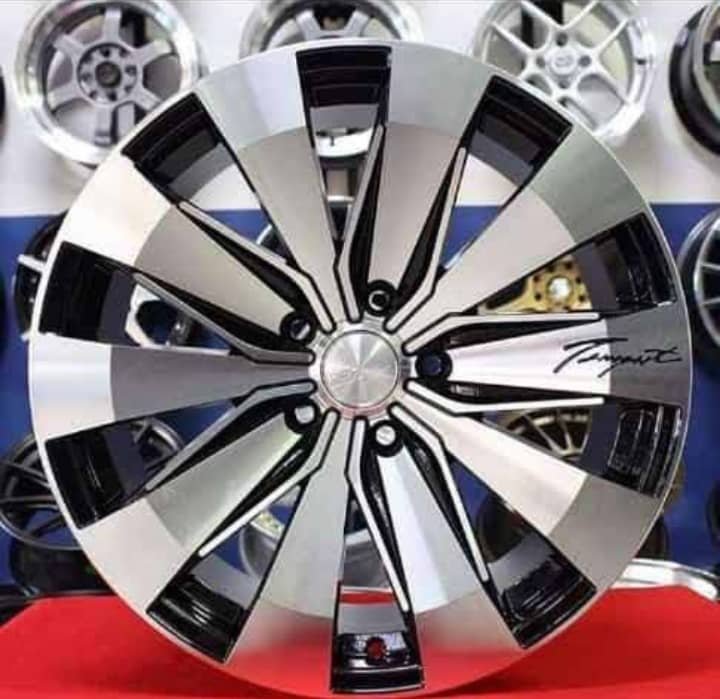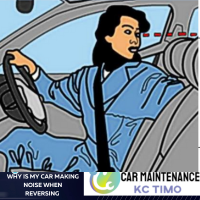Why is my car making noise when reversing?
Why is my car making noise when reversing?
I know you have been asking yourself why is my car making noise when reversing every time. Every time you are backing up your vehicle, it makes a squealing noise. Sometimes, an old brake pad can cause this as it rubs against the rotor and creates a high-pitched noise.
This is a sign that your car brakes need to be replaced. To solve this problem, you can replace the old brake pad with a new one. Whenever your car makes noise when reversing, it is known to be caused by some given brake issue.
Does your car suddenly vibrate and make a scratching sound when you shift the gear stick to R?
You don’t have to worry as this problem isn’t peculiar to you alone.
A lot of drivers complain about noises their cars make whenever they try to reverse. This sometimes ranges from high pitched sounds to minor inconsistent grinding noises. This problem can also be as a result of the rotor being rubbed by the worn-out brake pads. This can also mean that a piece of metal is stuck on the wheels or the transmission.
However, removing the metal out or changing the affected component of your braking system can resolve the issue. Even at that, it’s still important to know why your car is making noise when reversing. This will help you solve the issue immediately and ensure it doesn’t occur again.
Why Is My Car Making Noise When Reversing?
As said earlier, if you hear a car reverse sound, the most common cause of this might be a brake issue. Irrespective of whether it’s severe or not, it requires your immediate attention. So once you hear brake noise while reversing your car, the chances are that brakes are not the only issue affecting your car’s smooth running.
Just follow our expert maintenance tips below to keep the car running smoothly while reversing.
The Brake Pad Having Issues
Like we said earlier, worn-out brake pads rubbing against the rotor can cause the noises you hear when reversing. Though sometimes you can hear a squealing sound or a clicking one.
Apart from the brake pads being worn out, the brake pad can shift to an entirely different direction. Sometimes this can happen when the vehicle lacks proper maintenance or the brake calipers and the surface of the pad have encountered a lot of movement. Meaning anytime the brakes shift, you will start hearing lots of noises. 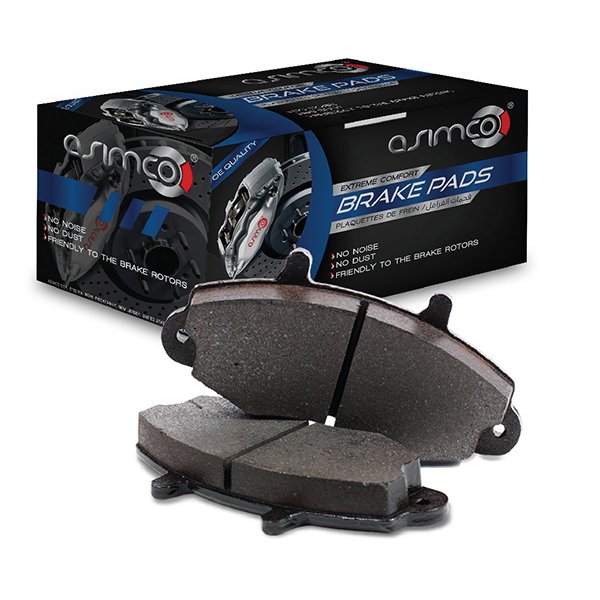
Note that there’s also something in the braking system called the anti-rattle clips which are meant to stop rattling. If your brakes don’t have this or they have been removed, the sounds will persist.
One thing you can do to eliminate the noise is to lubricate the brakes using disc brake caliper lubricant. But if this doesn’t work, you will have to get the affected part of the brakes replaced. Even while is being replaced, ensure that the anti-rattle chips are well installed. But if they are not, whether new brakes or not, the noise will continue to blare.
Examine The Wear Tabs Of The Brakes
Going towards the edge of the brake tabs of your car is something called the wear tabs. This ensures that your braking system works effectively so that whenever you step on the brake pedals, your car comes to a halt. But whenever they start rubbing against the rotor, you’ll hear the noises again.
This is why experts advise that if your car is idle for some time, don’t reverse or travel long distances. Ensure it is examined and serviced before use. Whenever you try to reverse and the wear tabs aren’t properly positioned, the noise will be expected. Just have the wear tabs checked and fixed rightly.
Examine The Car To Know If There Is Any Metal Stuck In The Wheels Or Braking System
Whenever metal rubs against metal, squealing noises are somewhat expected. So when you hear such while your gear is on Reverse, it could be that a metallic object has stuck between your brake pads and the rotor. Once this happens, it will prevent them from working smoothly as they should.
Just have the pads and the rotor properly examined and subsequently cleaned. This is to ensure that debris is taken out and the braking system is working normally.
Also, the wheels could have metal stuck somewhere, have that removed as well. Sometimes you might not hear the noise when driving forward. Ensure to check for the metal and any other damage it might have caused.
Try Lubricating The Grease Shims Accordingly
Just between the brake pads and the brake calipers, there’s a component installed there called the grease shims, which are placed there to help prevent any noise from the brakes when they are in use or whenever any of the other parts rub against each other. Once they are not properly greased, you will most likely hear the noises while reversing.
So ensure to lubricate the shims as often as needed to prevent the noise from arising again. Please note that the grease shims have two opposite sides. Lubricate both sides so that the brake pads don’t get worn out when working over them. But do not ruin the shims by applying too much lubricant on it.
The conclusion on why is my car making noise when reversing
As said before, once you notice your car making noise when reversing, these tips can help you avoid unnecessary headaches. They will ensure that your ride works smoothly, whether moving forward or reversing back to the garage.
I know you have noticed why your car makes noise when reversing has to do with the braking system than the transmission. So always ensure you maintain and fix your brakes whenever they get faulty. And also, ensure to keep an eye on the transmission (for automatic cars) and the clutch (for a manual car). By so doing, you can drive without the deafening noise ruining your comfort.


